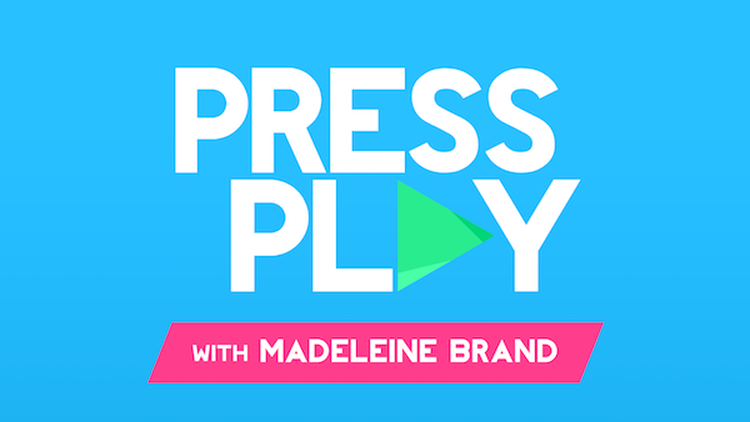Professor of Epidemiology at the UCLA Fielding School of Public Health and of Medicine; member of the Division of Infectious Diseases at UCLA’s David Geffen School of Medicine.
Dr. Timothy Brewer on KCRW
More from KCRW

‘Severance’: Medical science behind hit TV show studied in LA
Entertainment“Severance” on Apple TV+ mirrors the experience of medical procedures done on split-brain patients, which was first developed in the 1960s at Caltech.

Brainwashing: The history and methods behind coercive mind control
PsychologyRebecca Lemov, a professor of the history of science at Harvard University, explores the origins of brainwashing and delves into the concept of how our minds can be influenced through…

Will Trump’s power go unchecked?
PoliticsDonald Trump flexed presidential powers during his address to Congress. But did punishing Ukraine weaken America’s image? Plus, KCRW analyzes how Democrats could gain influence.

Squash at Universal, Swimming at SoFi. LA Olympics venue list is out
SportsTouting the 2028 Olympics as a “no-build” Games, the final venue line-up puts many sporting events at some of LA’s most iconic sites.

Long COVID: Much yet to learn 5 years after pandemic
CoronavirusFive years after the pandemic started, 2 million people still need treatment for long COVID. Doctors say there’s much yet to learn about the condition.

Sprawling tariffs and special elections could trip up Trump’s momentum
PoliticsWere the April special elections a win for Democrats? How will Trump’s “Liberation Day” tariffs affect American consumers? Plus, KCRW discusses the feasibility of a third Trump term.

Midweek Reset: Connecting with teens
Health & WellnessThis week, psychologist and author of “ The Emotional Lives of Teenagers: Raising Connected, Capable, and Compassionate Adolescents,” Lisa Damour addresses one of the toughest…

Regret in Medicine: The Hidden Burden Doctors Bear
Health & WellnessEven when things go right, the outcome may not be what was expected.

Disparities in “Assisted Aid in Dying”
Health & WellnessData suggests that barriers may exist with adults being aware of this option for care at the end of life.


